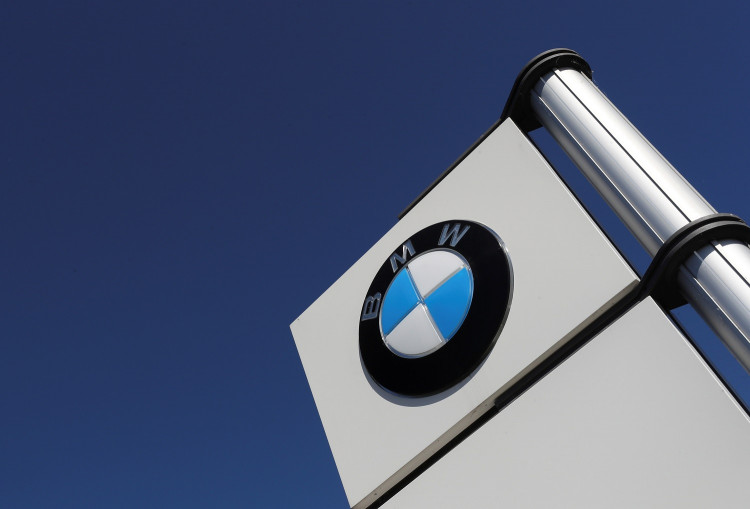BMW has announced its plans to halt its autonomous driving technology development program with Mercedes-Benz after the demand for its vehicles took a plunge to the coronavirus pandemic. The German automaker will also get rid of 5% of its global workforce, affecting the jobs of around 6,000 people.
The decision of both German automakers will freeze the development of their self-driving software, which was announced in 2019. In an attempt to achieve Tesla's dominance in the autonomous driving sector, BMW and Mercedes-Benz had put together a team of 1,200 technicians.
BMW and Mercedes-Benz initially planned to produce semi-autonomous cars by 2024, but now the plans have been derailed, allowing Tesla to get way more ahead on the race towards autonomy.
A joint statement between the two companies indicated they are "putting their cooperation on development of next-generation technology for automated driving temporarily on hold." The decision was based on the current status of the economy, albeit temporarily.
When it comes to self-driving software, performance specs, and battery capabilities, Tesla has put its name on top of the pedestal and is considered the golden standard in the sector. CEO Elon Musk has had a share of controversies in the past few years, but it has even made the car company more popular than ever.
Now that the partnership between BMW and Mercedes-Benz has been scrapped, it has pushed back both of the companies' capability to put self-driving cars in the market. It's unclear when this capability will be replicated by other auto companies in the sector.
At this point, however, BMW appears to be struggling, as it's included in the announcement to downsize its workforce. A statement from the company execs cites the current health crisis as the culprit, which had affected automotive sales, particularly in Germany.
"Further steps are needed to make the BMW Group more resilient to external influences and market fluctuations," the executives stated. Workers who will remain employed will have their capacity adjusted "by reducing employment contracts with extended weekly working hours for exempt employees."
As a whole, the coronavirus pandemic has negatively impacted the auto industry. At the height of the crisis, production has halted for most companies, but they managed to help their communities by transforming their auto factories into medical gear production facilities to produce surgical masks and face shields.
It's clear that BMW and Mercedes-Benz are ensuring the future of their respective companies, even if that means freezing some of their plans.






